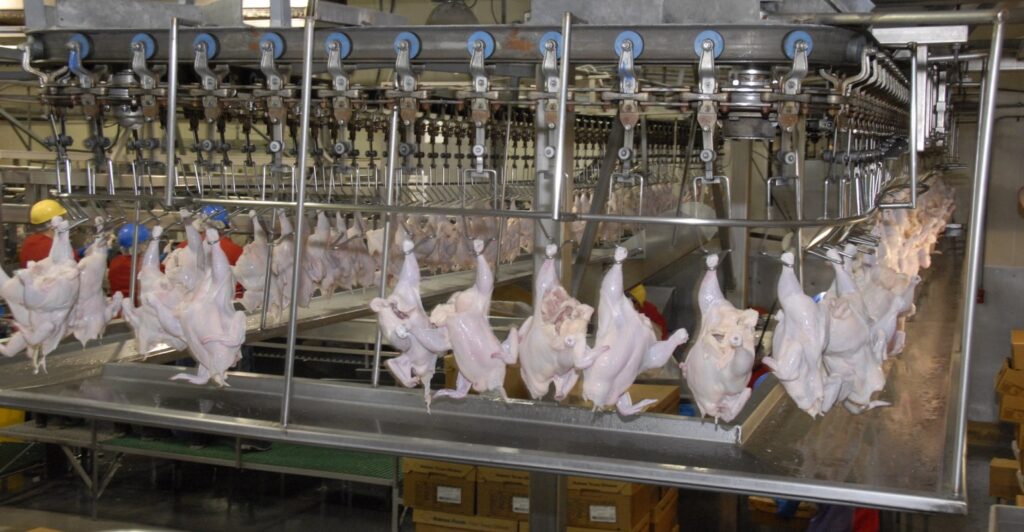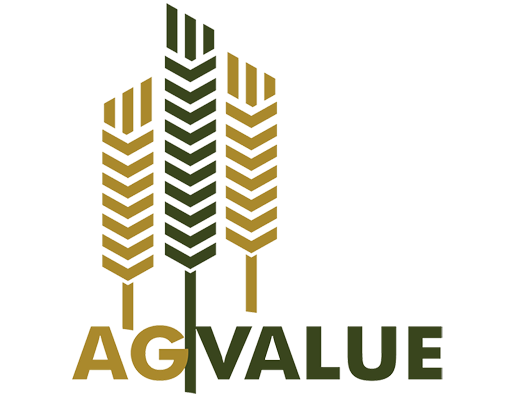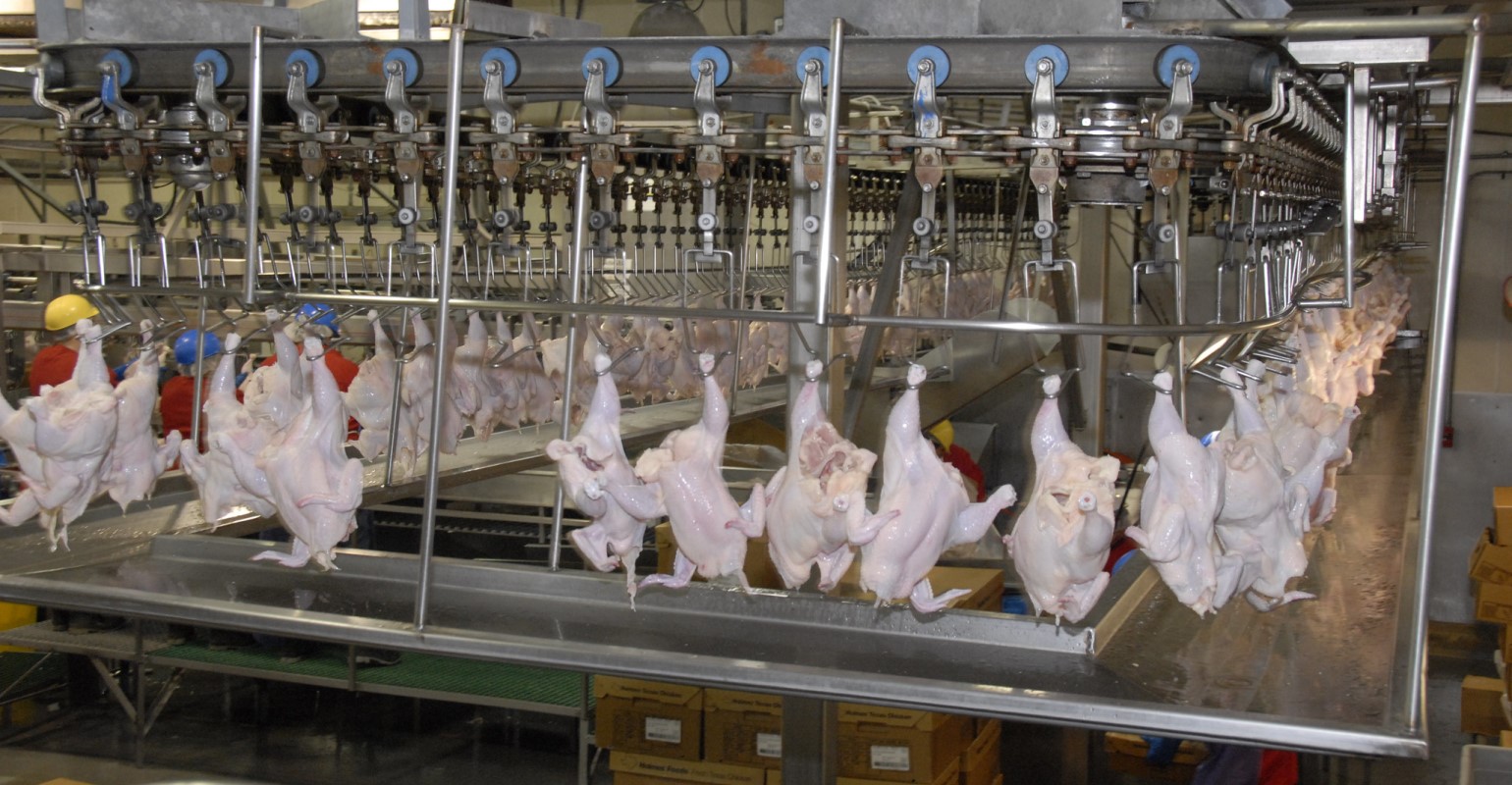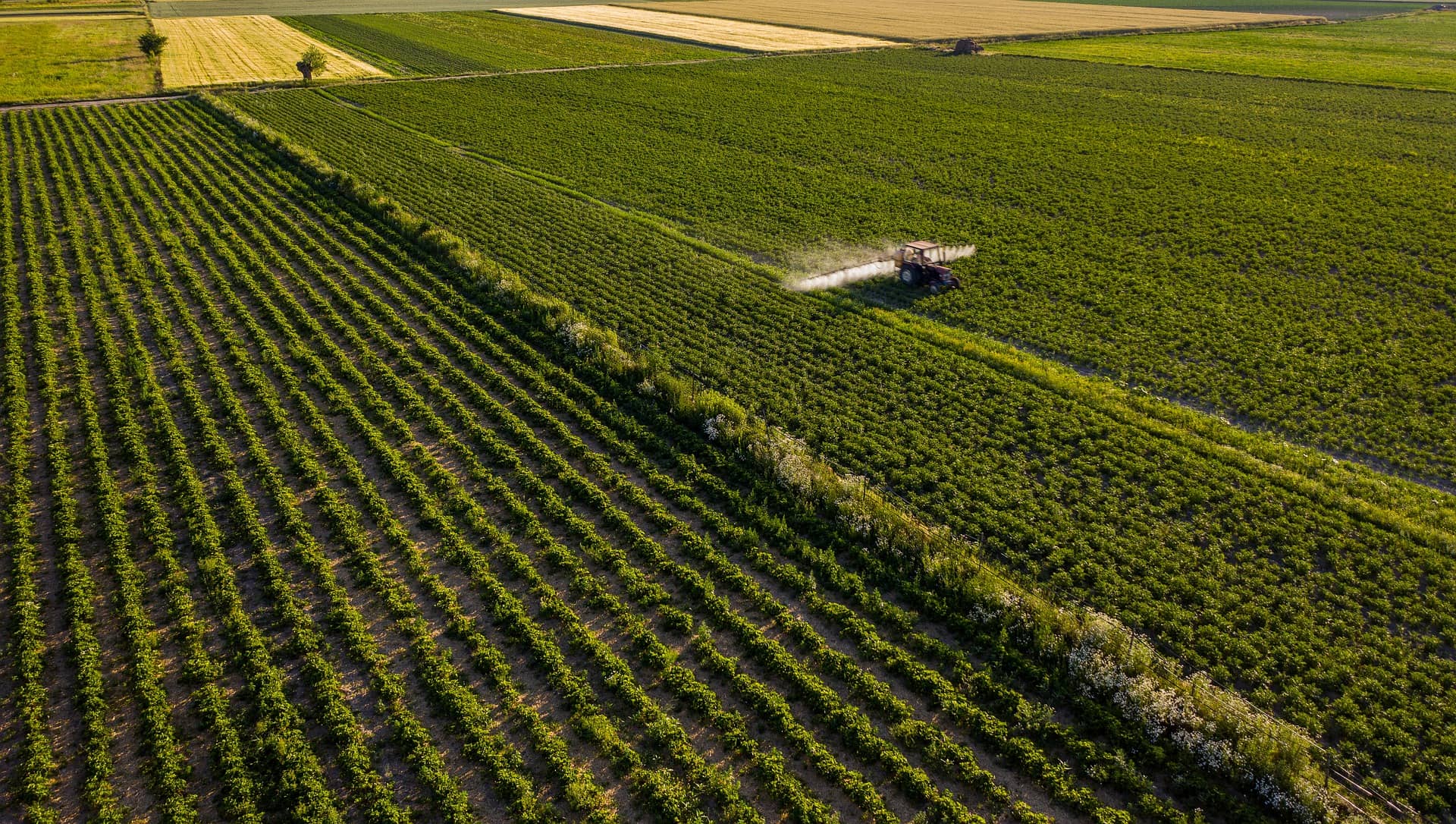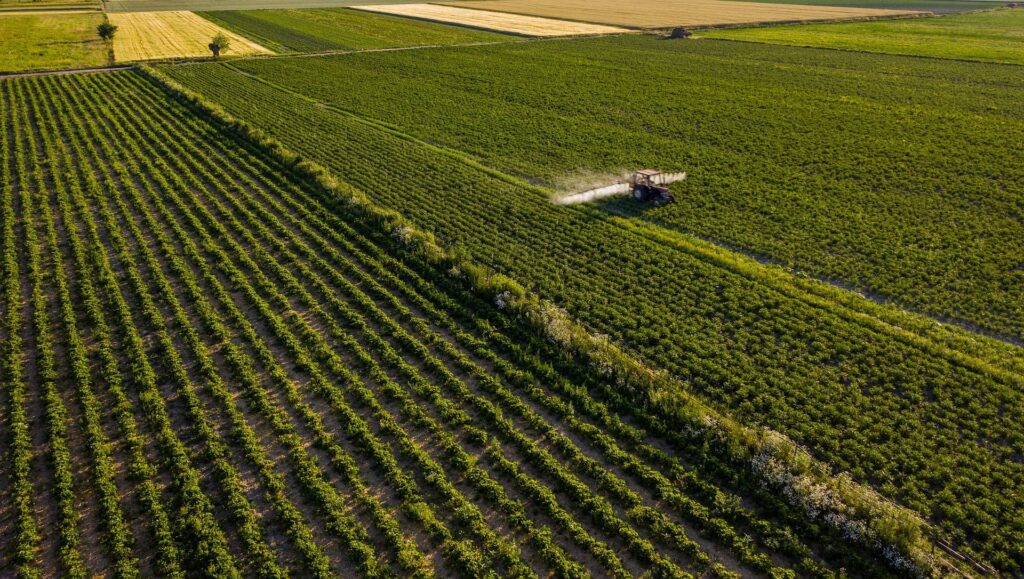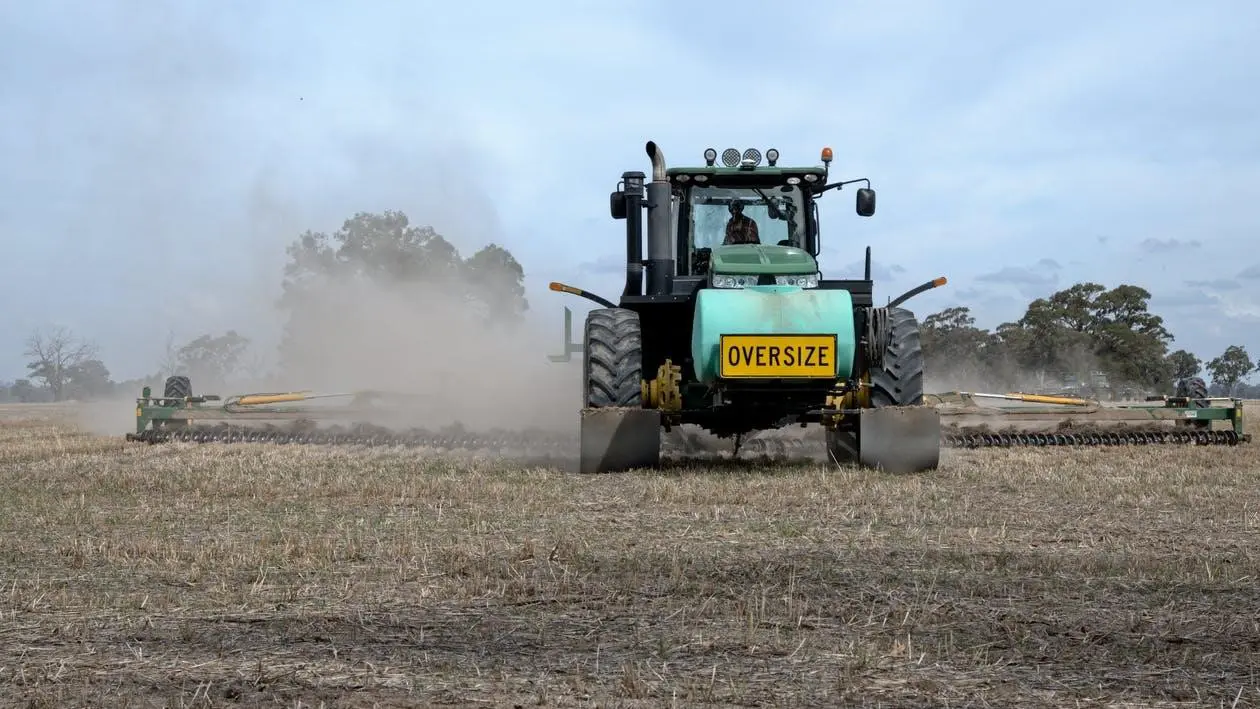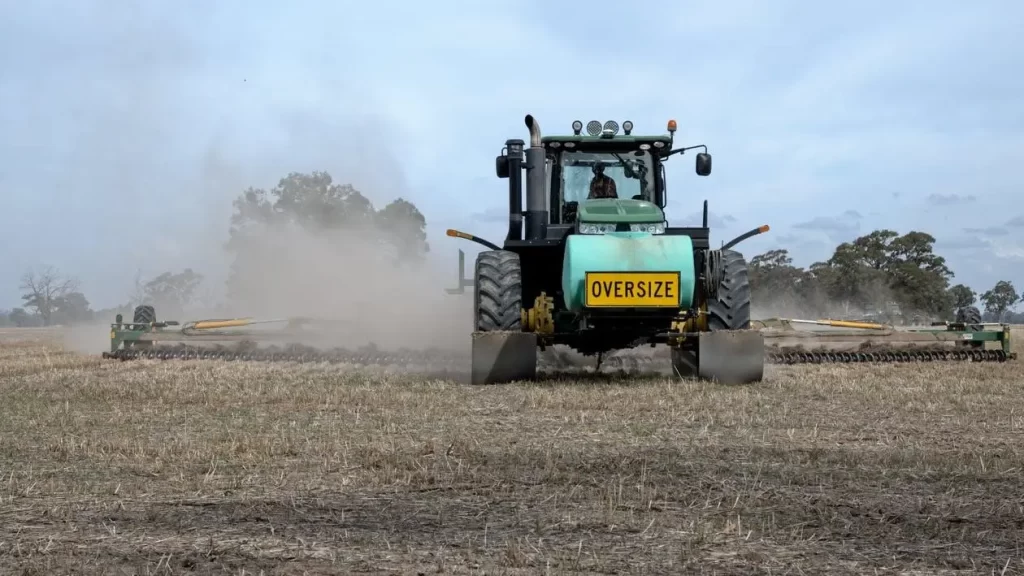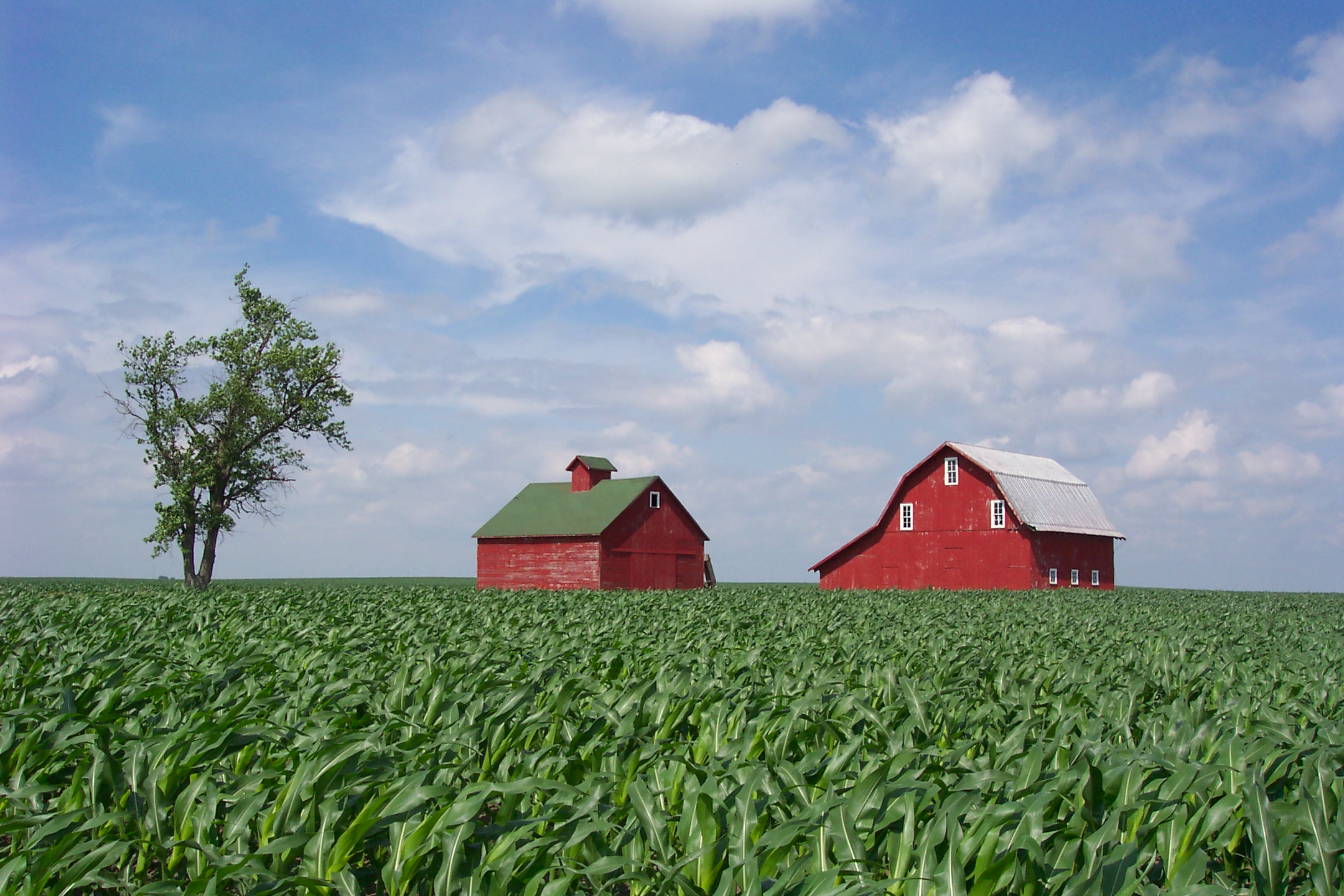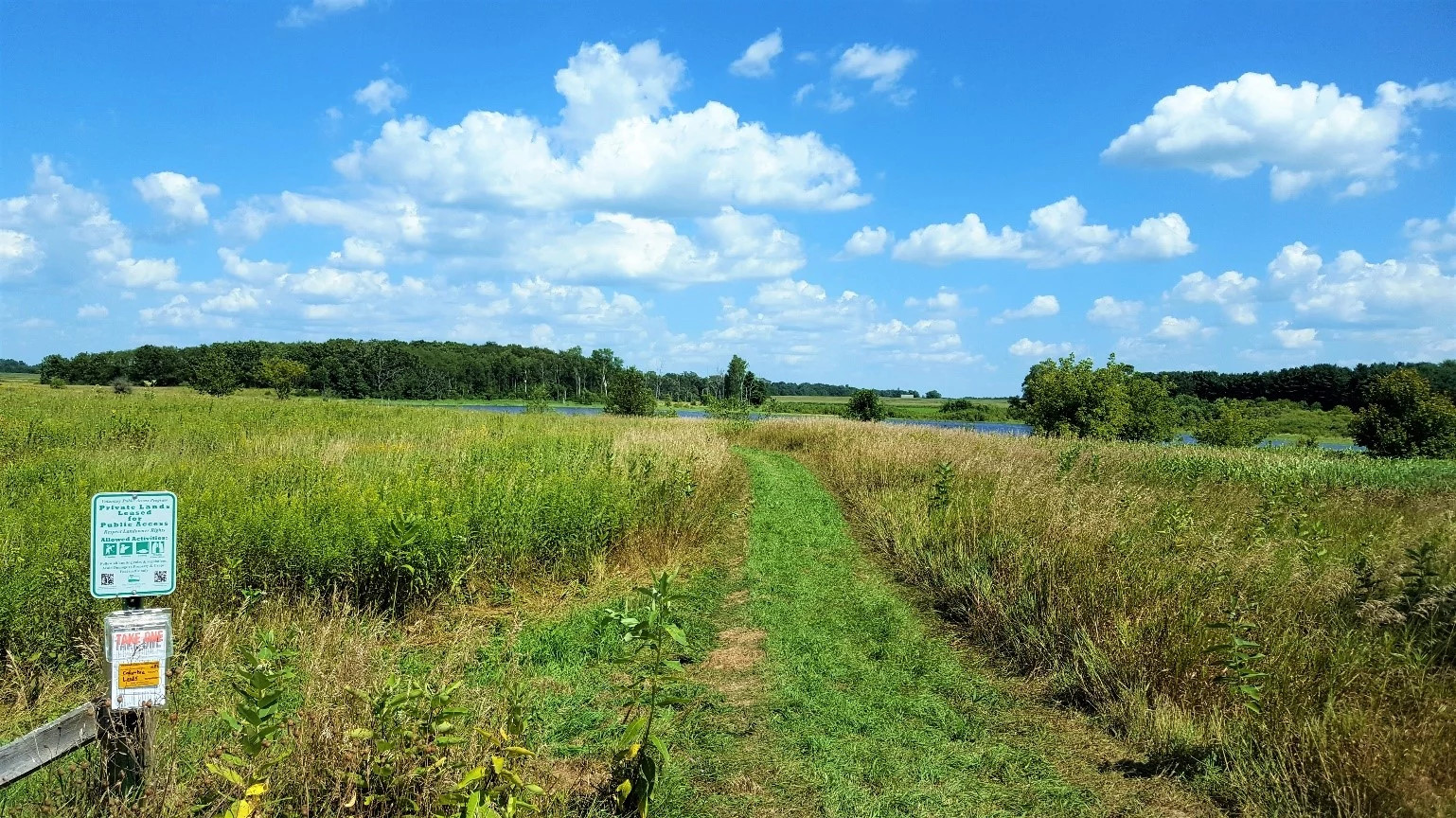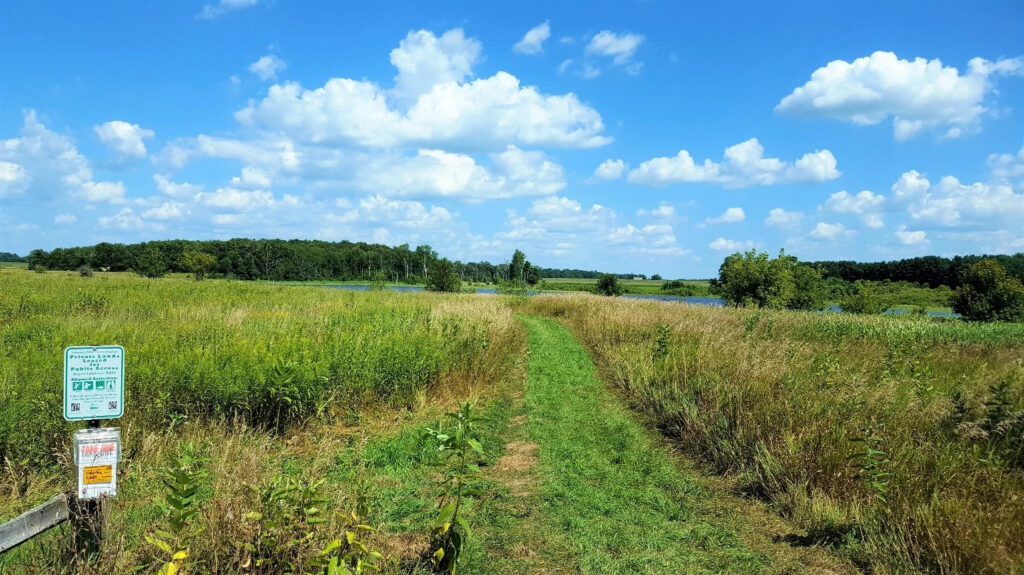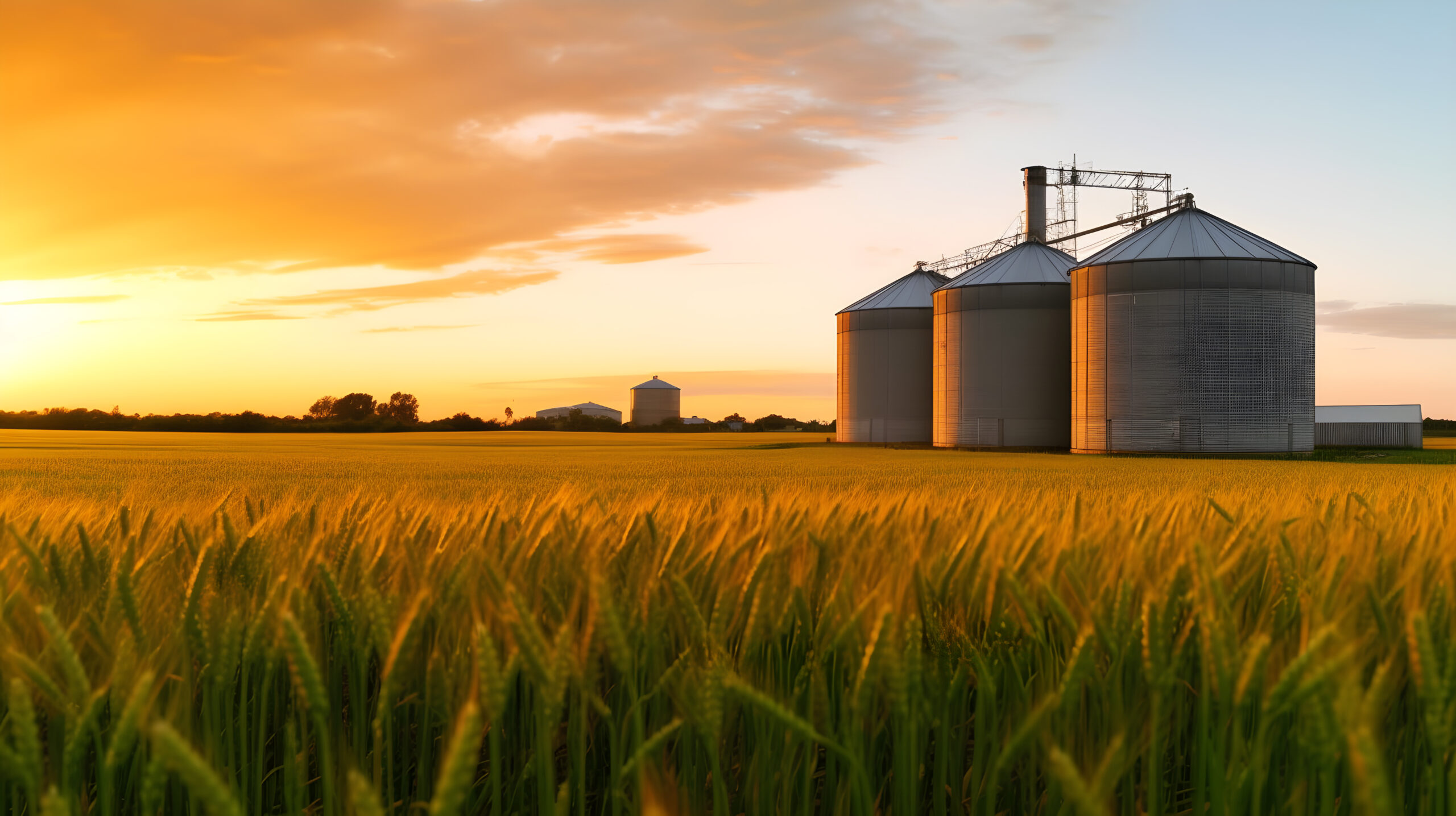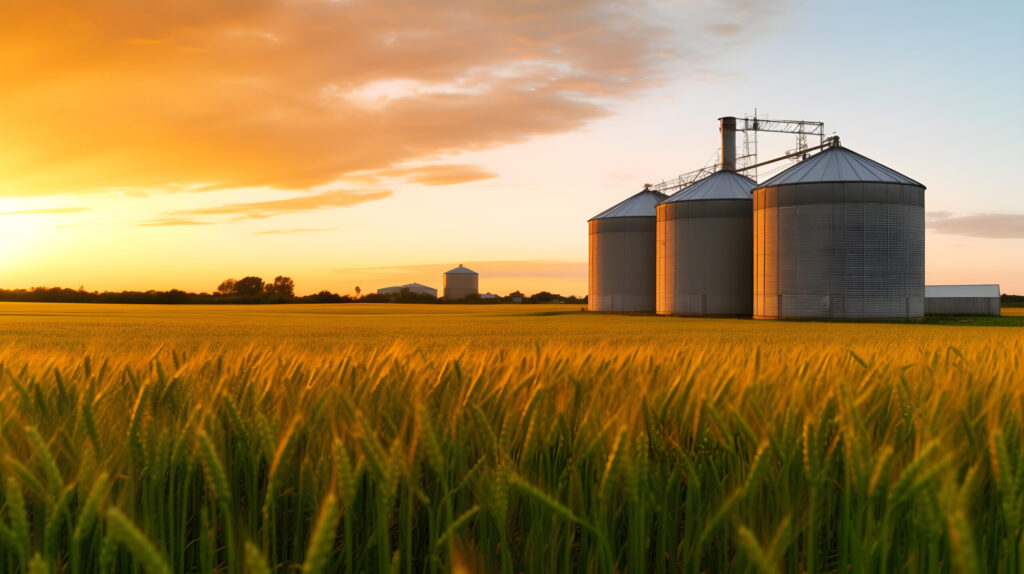Appraisers specializing in agribusiness possess a deep understanding of agricultural properties, including flock or herd health, soil quality, water rights, crop yields, and market trends, providing essential insights for accurate valuations in the sector. Their expertise extends to industry-specific regulations, modern farming practices, market trends, and financial analysis, ensuring precise valuation reports important for making informed decisions in this rapidly changing space. The specialized knowledge and data-driven approaches these experts bring to the table are instrumental in navigating the complexities of agribusiness valuation.
Key Takeaways
– Expertise in evaluating agricultural properties accurately and professionally.
– Knowledge of industry-specific regulations ensures compliant property valuations.
– Understanding farming practices and equipment bringing value and insight.
– Insight into market trends and challenges aids in offering strategic recommendations.
– Ability to provide accurate financial analysis for informed evaluations.
1: Expertise in Agricultural Valuation
With a deep understanding of the complexities involved in evaluating agricultural properties, agribusiness appraisers offer specialized expertise essential for accurate and reliable valuations.
These professionals possess in-depth knowledge of factors such as soil quality, water rights, crop yields, and market trends that greatly impact the value of agriculture.
By leveraging data-driven approaches and industry-specific methodologies, agribusiness appraisers can provide clients with comprehensive valuations that reflect the true worth of their agricultural holdings.
This level of expertise is essential for making informed decisions regarding sale, purchase, or finance transactions within the agribusiness sector.
Ultimately, hiring an agribusiness appraiser ensures that valuations are conducted with the highest level of professionalism and accuracy, granting clients the freedom to confidently navigate their agricultural ventures.
2: Knowledge of Industry-Specific Regulations
Acquiring a thorough understanding of industry-specific regulations is essential for agribusiness appraisers to guarantee accurate and compliant property valuations within the agricultural sector. Regulations impacting agribusiness can cover a wide range of areas such as zoning laws, water usage restrictions, environmental regulations, and tax incentives.
An appraiser specializing in agribusiness needs to stay updated on these regulations as they can greatly influence property values. Understanding how regulatory changes can impact values within the agricultural space is crucial for providing clients with meaningful valuation reports.
3: Understanding of Farming Practices and Equipment
An essential aspect of an agribusiness appraiser’s expertise lies in their thorough understanding of farming practices and the equipment utilized within the agricultural industry. This knowledge allows them to accurately estimate the value of agricultural assets and properties.
Three key components that highlight the importance of understanding farming practices and equipment in agribusiness appraisals include:
–Knowledge of modern agricultural techniques: Understanding the latest farming methods and technologies helps appraisers evaluate the efficiency and productivity of a farm.
– Awareness of specialized farm equipment: Familiarity with the types of equipment used in different agricultural operations enables appraisers to assess their condition and value accurately.
– Insight into crop-specific requirements: Understanding the unique needs of various crops allows for a more precise valuation of farmland based on its suitability for different types of cultivation.
4: Insight Into Market Trends and Challenges
Having an understanding of current market trends and challenges is essential for agribusiness appraisers to make informed and meaningful evaluations of agricultural assets and properties. By staying in touch with market dynamics, appraisers can accurately assess the value of farms, ranches, and other agribusiness assets.
They need to analyze factors such as commodity prices, supply and demand fluctuations, regulatory changes, and environmental concerns that impact the agricultural sector. Additionally, being aware of challenges like climate change effects, significant weather events, shifts in consumer preferences, and technological advancements allows them to provide valuable insights to clients.
This insight into market trends and challenges enables appraisers to offer strategic recommendations and make certain that their assessments are thorough and reliable.
5: Ability to Provide Accurate Financial Analysis
The ability to conduct precise financial analysis is an essential skill that distinguishes proficient agribusiness appraisers. When hiring an appraiser specializing in agribusiness, their expertise in financial analysis can provide valuable insights into the economic health and potential of a farm or agricultural business. Here are three key reasons why this ability is important:
– Evaluation of revenue streams: Appraisers can accurately assess the various income sources of an agribusiness, including crop yields, livestock sales, and other revenue streams.
– Assessment of expenses: They can meticulously analyze the operational costs involved in running the agribusiness, such as labor, equipment, maintenance, and utilities.
– Profitability projections: By conducting detailed financial analysis, these appraisers can forecast the profitability and financial viability of the agribusiness over time.
Frequently Asked Questions
How Can an Appraiser Specializing in Agribusiness Help With Succession Planning for a Family Farm?
An appraiser specializing in agribusiness can assist with succession planning for a family farm by providing accurate valuations of the farm’s assets, helping to determine equitable distribution among heirs, and ensuring compliance with tax regulations.
What Role Does an Agribusiness Appraiser Play in Assessing the Environmental Impact of Farming Practices?
In evaluating the environmental impact of farming practices, an agribusiness appraiser plays an essential role in examining sustainability measures, soil conservation methods, and compliance with regulations. Their expertise guarantees informed decision-making for environmentally responsible agricultural operations.
How Does an Appraiser Specializing in Agribusiness Evaluate the Potential for Diversification of a Farm’s Revenue Streams?
An appraiser specializing in agribusiness evaluates the potential for diversification of a farm’s revenue streams by analyzing market trends and feasibility studies, appraising the viability of new ventures, and considering the farm’s resources and capabilities to determine opportunities for sustainable growth.
Can an Agribusiness Appraiser Provide Guidance on Optimizing Land Use for Maximum Agricultural Productivity?
An agribusiness appraiser possesses the expertise to offer strategic insights on optimizing land use for maximal agricultural productivity. Their specialized knowledge can guide decision-making processes that lead to efficient land utilization and increased farm output.
What Methods Does an Appraiser Specializing in Agribusiness Use to Assess the Long-Term Sustainability of a Farming Operation?
Appraisers specializing in agribusiness assess long-term sustainability by analyzing factors such as soil quality, crop diversity, water availability, and market trends. They use data-driven methods like income capitalization, land residual, and discounted cash flow analysis for comprehensive evaluations.
